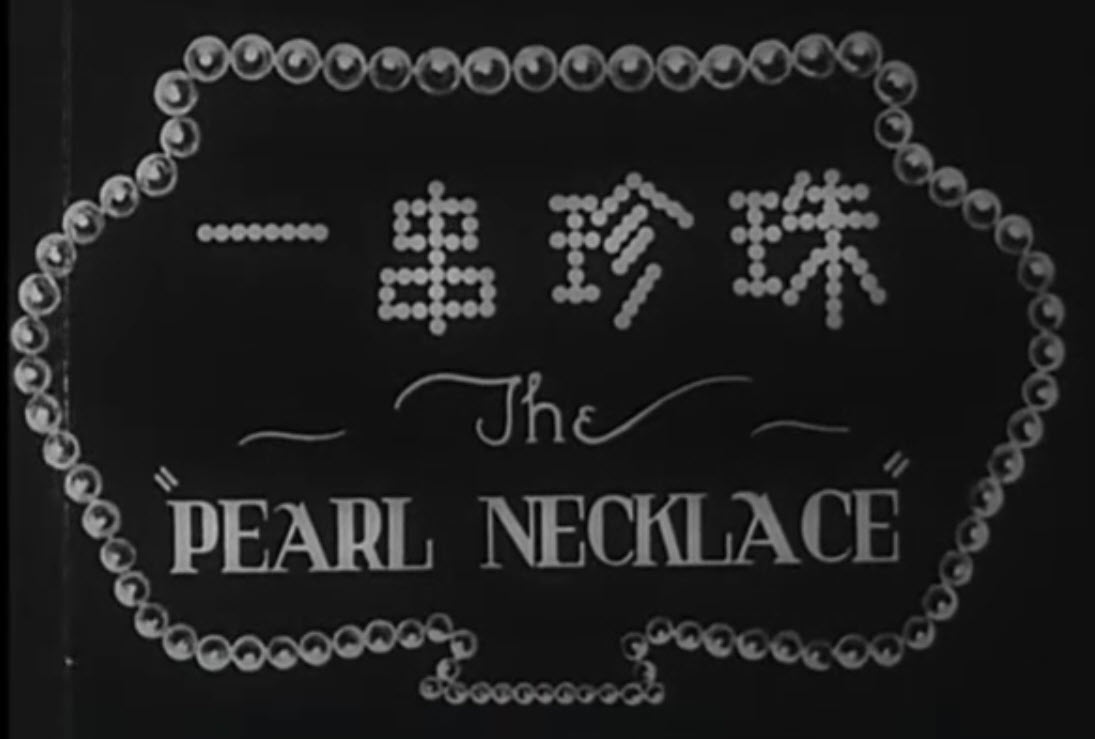The film:
Lian’ai yu yiwu 戀愛與義務
Directed by Richard Poh (Bu Wancang)
Screenplay by Chu Shek Lin (Zhu Shilin)
Produced by Lo Ming Yau (Luo Mingyou)
Production Manager: Lay Min Wei (Li Minwei)
Cinematography by Wong Siu Fan (Huang Shaofen)
Art Director: William Kolland (Gao Weilian)
Set Design: Chao Fu Li (Zhao Fuli)
Original Chinese-English bilingual intertitles translated by Y.C. Jeffrey Huang (Huang Yicuo)
Studio: United Photoplay Service (Lianhua yingpian gongsi), Shanghai
Year of release: 1931
153 minutes
Silent black & white film with partial tinting
Cast: Lily Yuen (Ruan Lingyu), Raymond King (Jin Yan), Liu Jiqun, Chen Yanyan, Li Ying, Zhou Lili, Gao Weilian, Huang Ke, Wang Yiwen, Shi Juefei, Yu Juyun, Ouyang Bolu, Guo Yingying
The film, produced in Shanghai, was one of the first to co-star Ruan Lingyu and Jin Yan.
A surviving print of the film is held at TFAI in Taipei.
This unrestored digital version of the silent film “Love and Duty” (Lian’ai yu yiwu, 1931) is based on the copy of the film held at the Taiwan Film and Audiovisual Institute 國家電影及視聽文化中心 (tfai.org.tw), and is made available for limited noncommercial teaching and research purposes through special agreement with the translator. Information about the restored version of the film is available at tfai.org.tw
© Taiwan Film and Audiovisual Institute
© 國家電影及視聽文化中心
Subtitles translated by Christopher Rea
English translation © Christopher Rea
Note: Chinese text appearing onscreen has been translated when A) it was not translated in the original film; and B) the meaning of the original Chinese and English intertitles is significantly different.
LEARN ABOUT THE RESTORED FILM:
1931《戀愛與義務》修復前後比對 Restored “Love and Duty” Before & After: https://youtu.be/hEaeKUenLJM
SYNOPSIS
Yang Nei Fan (played by Ruan Lingyu) and Li Tsu Yi (played by Jin Yan) are neighbors and schoolmates in Shanghai. They fall in love, but Yang’s father arranges for her to marry Huang Ta Jen (played by Li Ying), “the scion of a respectable family” and owner of a newspaper. Yang has a son and a daughter by Huang. A few years later, Yang and Li are reunited when Yang’s son falls into a lake at the park, and Li saves him. Their romance rekindles, especially during Li’s visit to their home, when Huang answers a phone call from his mistress Chang Ying (played by Zhou Lili), leaving Yang and Li to chat on the couch. Li, imagining himself to be a romantic hero, persuades Yang to leave her husband and–much against her will–her children, and to live with him. Yang and Li have a daughter together, Ping Ehr (played by Chen Yanyan), but fall into poverty and Li dies of illness. Yang supports herself and her daughter as a seamstress into her old age. When she sees her estranged grown children perform at a charity performance sponsored by Huang, her maternal longing is passionately stirred. By chance, her employer sends her to measure those very children for new clothes at Huang’s mansion, but she hides her identity from them. As the younger generation develop their own romantic attachments, Yang is overcome by shame and regret. She commits suicide, leaving notes for Ping Ehr and for Huang that bring them–and all three (half-)siblings–together. They weep together, and Huang tells Yang’s children that she was a good woman, and has them kowtow before her portrait.
Learn more:
Watch other films starring Ruan Lingyu, Jin Yan, and Chen Yanyan.
Watch Richard Poh’s wartime film Hua Mu Lan (1939).
Watch the animated studio logo at the beginning of Love and Duty:
Related Posts
Special Effects
Special effects were common in early Chinese cinema, especially in comedies and martial arts (wuxia) films of the 1920s

Animation and Cartoons 卡通與漫畫
Early Chinese cinema included both animated films and live-action films with animated and illustrated sequences
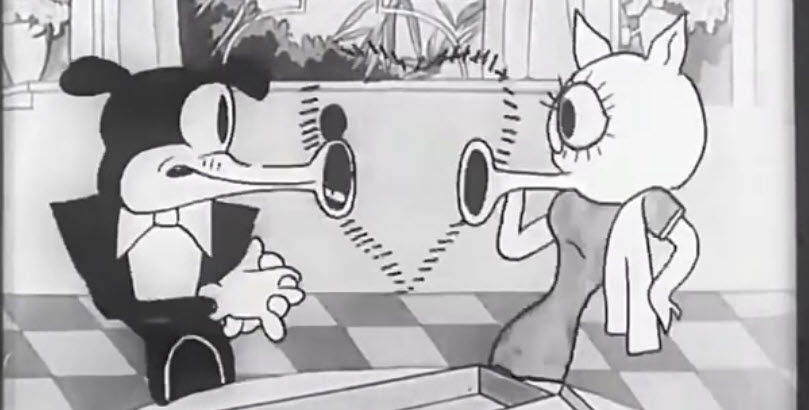
Chen Yanyan 陳燕燕
Chen Yanyan 陳燕燕 had long film career in Republican China, post-war Taiwan, and Hong Kong, lasting from the 1930s to the 1980s
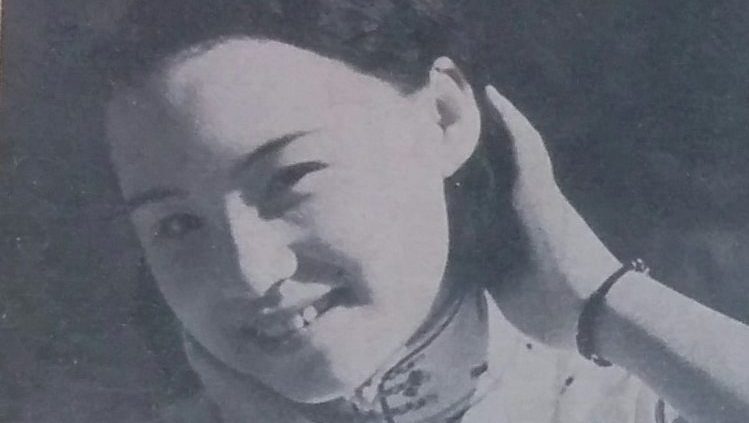
Ruan Lingyu 阮玲玉
Ruan Lingyu is one of the most iconic actors of China's silent cinema age.
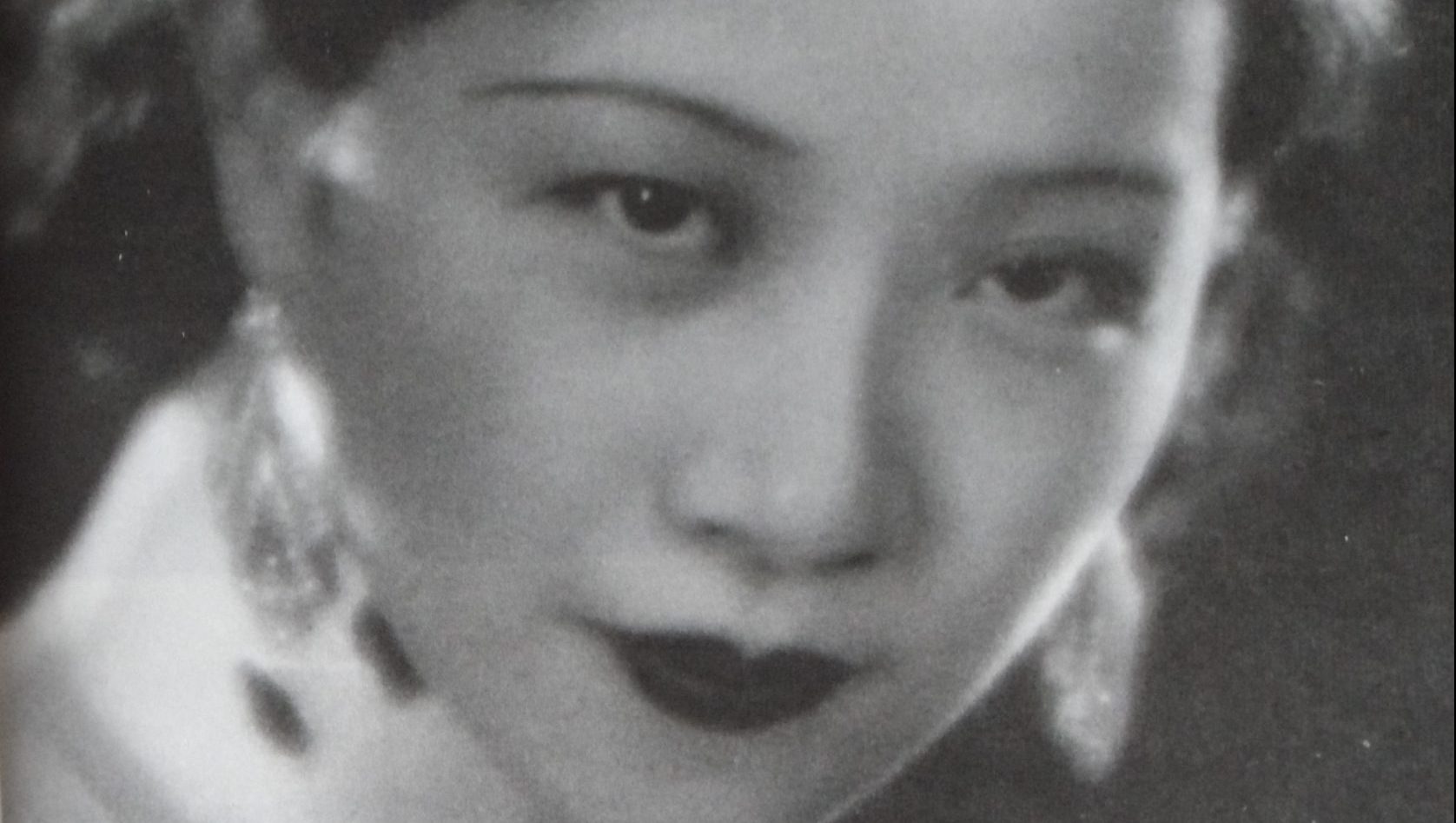
The Oxford Handbook of Chinese Cinemas (2013), edited by Carlos Rojas and Eileen Chow
What does it mean for a cinematic work to be "Chinese"? Does it refer specifically to a work's subject, or does it also reflect considerations of language, ethnicity, nationality, ideology, or political orientation? Such questions make any single approach to a vast field like "Chinese cinema" difficult at best. This Handbook presents thirty-three essays by leading researchers and scholars intent on yielding new insights and new analyses using three different methodologies.
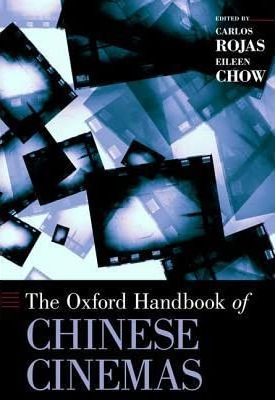
Jin Yan (2009), by Richard J. Meyer
Jin Yan: The Rudolph Valentino of Shanghai tells the remarkable story of the “Emperor of Film,” who dominated the golden age of Chinese silent movies. Jin Yan achieved his greatest stardom in the 1930s, when women literally threw themselves at his feet.
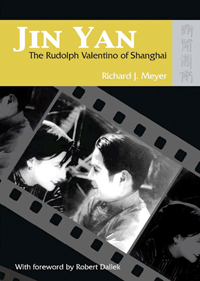
Ruan Ling-Yu (2005), by Richard J. Meyer
Ruan Ling-yu: The Goddess of Shanghai tells the story of one of the greatest Chinese movie stars of the silent era from humble origins to tragic death at the height of her career.
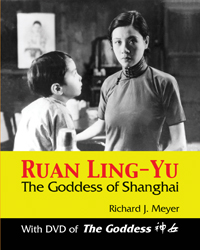
Love Everlasting 不了情 (1947)
A young professional woman is hired to care of the young daughter of a married man, only to find herself in an impossible position.
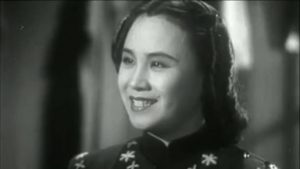
Hua Mu Lan 木蘭從軍 (1939)
A young woman takes her father's place in the army and protects the Tang empire from invaders in this wartime adaptation of the Mulan legend.
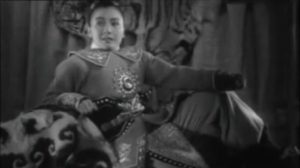
New Women 新女性 (1935)
A contemporary social drama about “the woman question.” What are women’s lives like in China today? And what should they be?
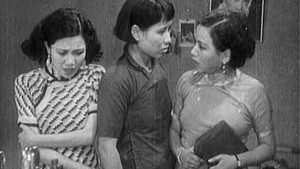
The Great Road 大路 (1934)
In this genre-bending romp, a band of road workers, aided by two women, build a great road to help China fight off invaders.
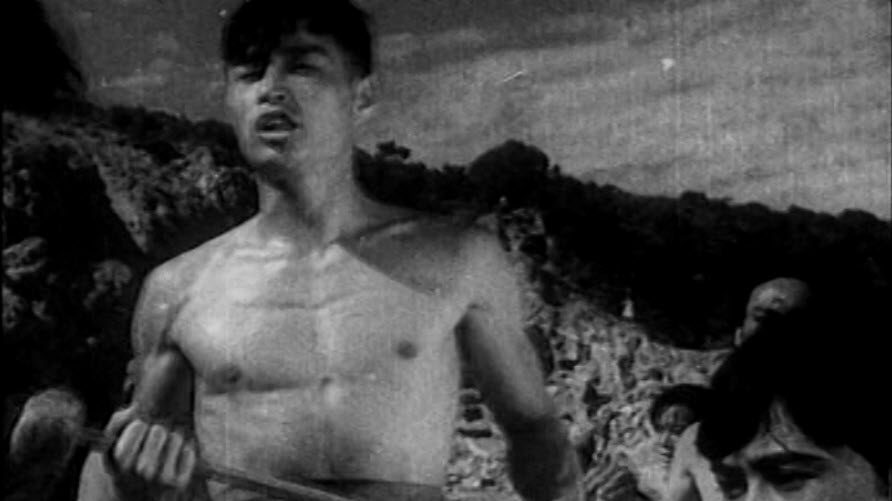
Goddess 神女 (1934)
Ruan Lingyu stars as a single mother in Shanghai struggling to give her young son an education, in the face of exploitation and social prejudice.
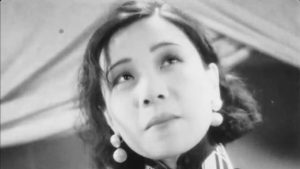
Playthings 小玩意 (1933)
Artisan toymakers struggling to survive amidst war and competition from big business.
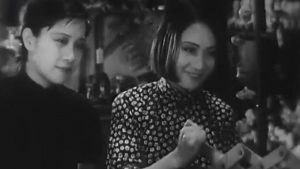
The Peach Girl 桃花泣血記 (1931)
The Peach Girl co-stars Ruan Lingyu and Jin Yan as lovers in rural China tragically separated by social class.
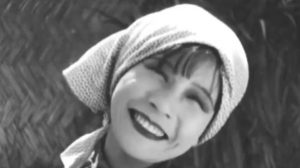
Poor Daddy 怕老婆 (1929)
Poor Daddy (1929) is a slapstick silent comedy starring Liu Jiqun
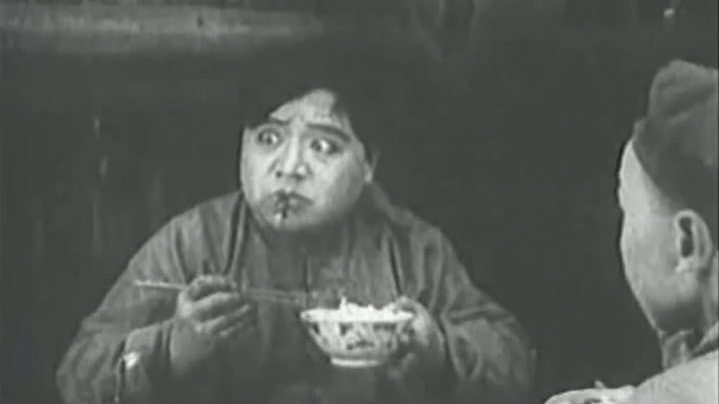
Don’t Change Your Husband 情海重吻 (1929)
A married woman falls for a playboy college student. Will she live happily ever after? And what about her husband? Who will set things right?
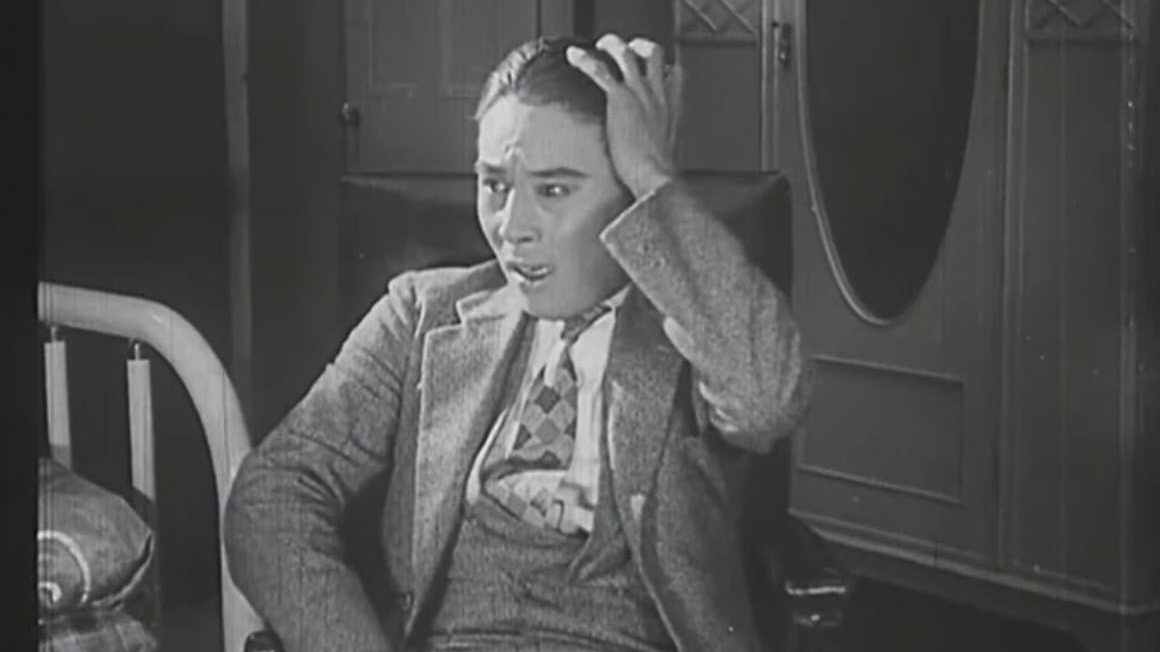
The Pearl Necklace 一串珍珠 (1926)
What's truly precious? This silent film features a conservative morality tale about women's vanity, with two outstanding scenes of animation.
